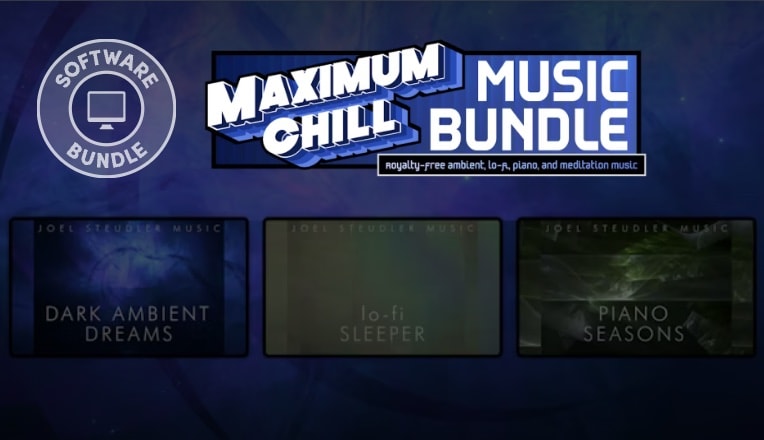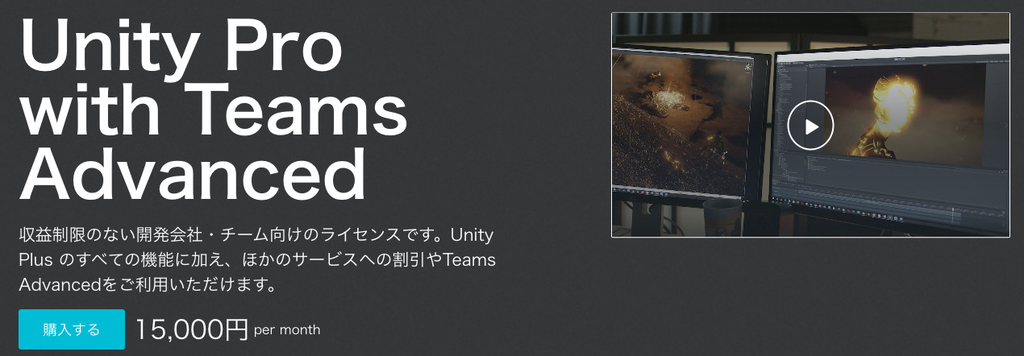
Volume Viewer Pro visualizes volumetric data (e.g. Texture3D assets) in real time using volume ray casting (aka volumetric ray tracing or volume ray marching). Volume Viewer Pro can render any kind of scalar or RGBA data that can be expressed as a three dimensional array, including MRI and CT scans as well as microscopy slices. It can be set up in less than a minute and is easy to use.
YouTube demo video
Prominent features:
- supports rendering multiple volumes.
- supports rendering on multiple cameras.
- opaque objects obscure volumes.
- 1D or 2D transfer function for volumes.
- overlays to highlight regions of interest.
- 1D transfer function (TF) for overlays.
- Blinn Phong shading for light interactions.
- 2D TF for custom light models.
- compatible with SteamVR and OpenVR.*
- reduction of wood grain artifacts by
using a ray-offset texture.
- no clipping errors when the camera
enters a volume.
- various settings to alter image quality
and performance.
- increased performance compared to the
basic Volume Viewer package.
- various real time render settings:
- number of samples along the ray.
- contrast / brightness / opacity.
- rescaling values.
- cut primitive shapes out of volumes (by excluding voxels that intersect with objects that have a special material on them).
Loads data from various file types: **
- Texture3D asset files.
- PNG files.
- JPG files.
- NIfTI files.***
- DICOM files (limited to Transfer Syntax 1.2.840.10008.1.2 and 1.2.840.10008.1.2.1).***
Example MRI included.
Not suited for mobile!
Not suited for large data sets!
While Volume Viewer Pro enables customers to load and render 3D medical scans, we want to emphasize that this package is not approved for any medical purpose.
* Volume ray casting is resource intensive, especially in VR. We do not guarantee a minimum frame rate.
** No file support other than Texture3D assets in WSA (NETFX_CORE).
*** Voxel data is loaded as is, independent of header information. This can result in mirror-inverted images. A negative transform scale can correct for this but needs to be applied manually.








